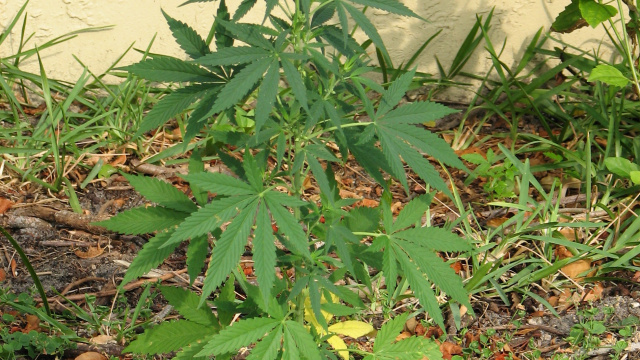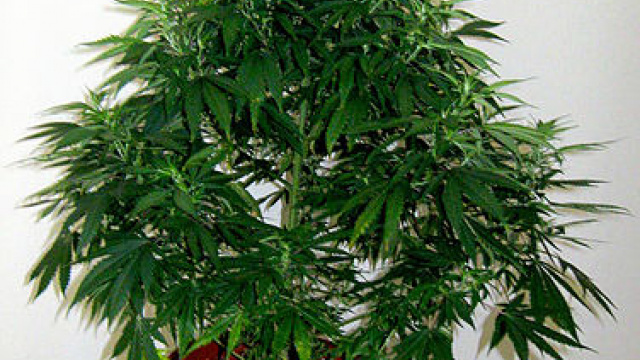 Medical marijuana advocates say they’ll take their “humanitarian” cause to the ballot if the Legislature won’t pass it, but top Bay State cops and prosecutors caution that using pot is not a victimless crime, and legalizing it could put Massachusetts at odds with the feds, who are still battling murderous drug cartels and growers.
Medical marijuana advocates say they’ll take their “humanitarian” cause to the ballot if the Legislature won’t pass it, but top Bay State cops and prosecutors caution that using pot is not a victimless crime, and legalizing it could put Massachusetts at odds with the feds, who are still battling murderous drug cartels and growers.
The issue is expected to heat up the Gardner Auditorium tomorrow, when the Joint Committee on Public Health holds a hearing on the initiative spearheaded by Richard Elliott Doblin of the Multidisciplinary Association for Psychedelic Studies. “There’s no doubt about it: Either through the Legislature or a ballot initiative, there will be medical marijuana in Massachusetts,” vowed Doblin, 58, of Belmont, whose supporters gathered 80,710 certified voter signatures to make marijuana available as a painkiller to people with cancer, AIDS, glaucoma and other unspecified maladies.
“It raised a lot of questions about possible abuse,” Worcester District Attorney Joseph Early Jr., president of the District Attorneys Association, said. “It suggests you could prescribe marijuana for a headache or an ankle sprain.”
“We’ve had several murders involving marijuana dealers being ripped off,” Early said, questioning how well the cultivation, transport and marketing of medical marijuana can be separated from criminal endeavors. Still, he said, “You have to have compassion. You can’t be labeled conservative, you can’t be labeled liberal on this when you’re talking about a cancer patient who can’t hold down food.”
A. Wayne Sampson of the Massachusetts Chiefs of Police Association said his group also has concerns about the proposed legalization: “We don’t want to be put in the middle of a situation where the citizens vote to allow a law that the federal government says it will prosecute.”
Doblin counters that crime and cartels can be cut out by legalizing domestic suppliers. By forcing patients to turn to the black market to ease their pain, “we’re endorsing murder,” he said. “The more that you can create a domestic production market, the more you take away from the cartels.”
The Humanitarian Medical Use of Marijuana bill would protect registered patients, doctors, caregivers and prescription pot dispensers from local and state penalties, but not from the U.S. Drug Enforcement Administration. Patients could possess a 60-day supply of marijuana. Storage and cultivation would be restricted to designated nonprofit treatment centers.
Linda Brantley of the New England Coalition for Cancer Survivorship said, “For a lot of people who use (marijuana), it alleviates nausea, it alleviates pain symptoms. Why should people, when they’re in terrible pain and unable to eat and unable to sleep, be thrust into the position of doing something illegal?”
Sixteen states, including Maine, Vermont and Rhode Island, have legalized medical marijuana. If the Legislature rejects or fails to act on the measure by May 2, certified signatures of 11,485 voters are needed to place a binding question on the November ballot.
Source: Boston Herald (MA)
Author: Laurel J. Sweet
Published: Monday, April 9, 2012
Copyright: 2012 The Boston Herald, Inc.
Website: http://www.bostonherald.com/
Contact: [email protected]



Leave a Reply